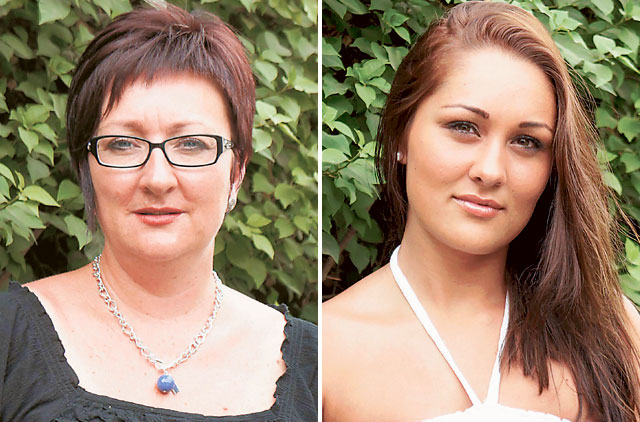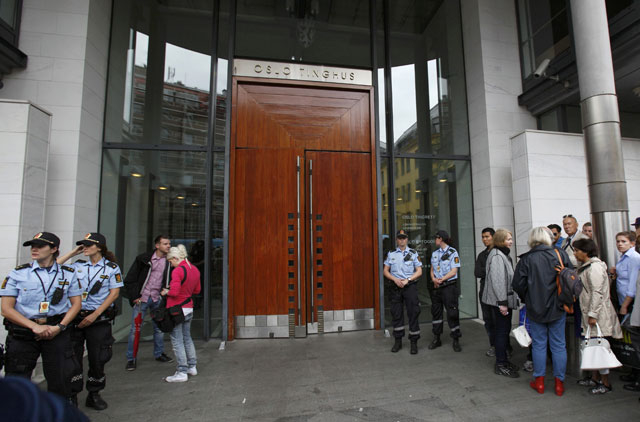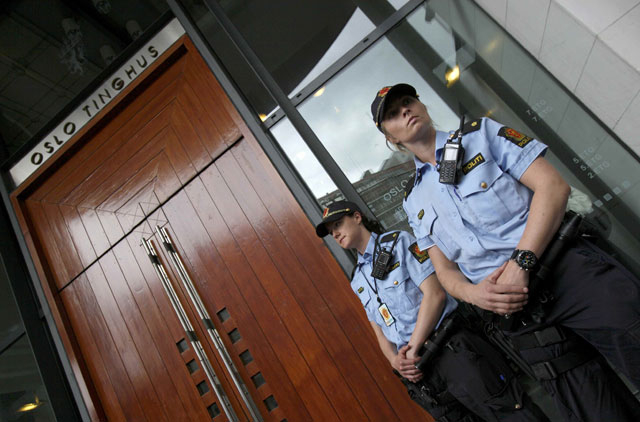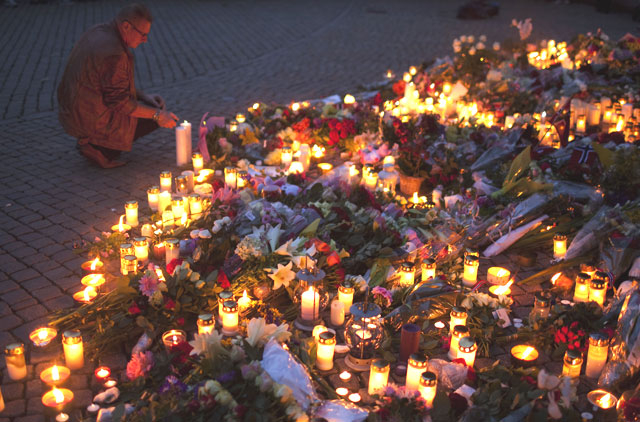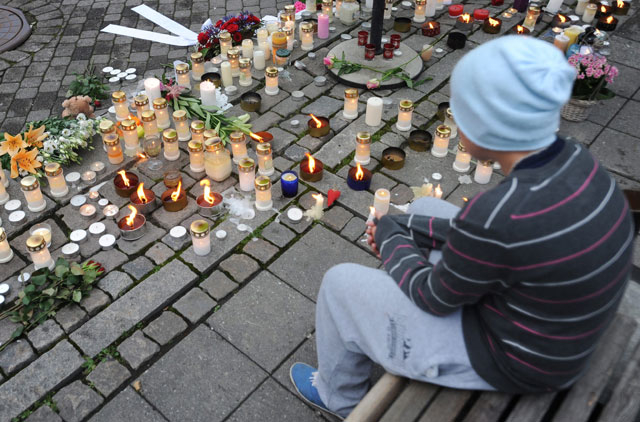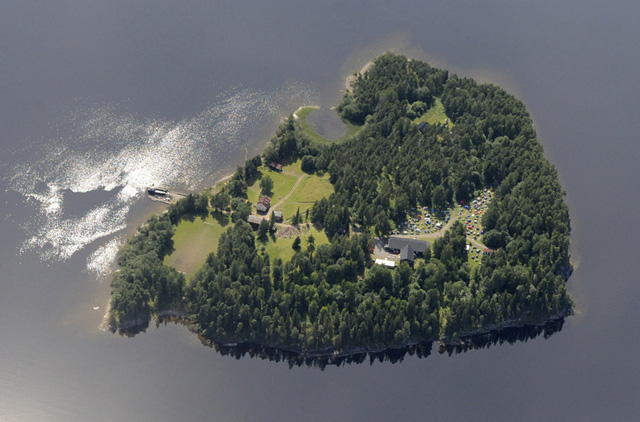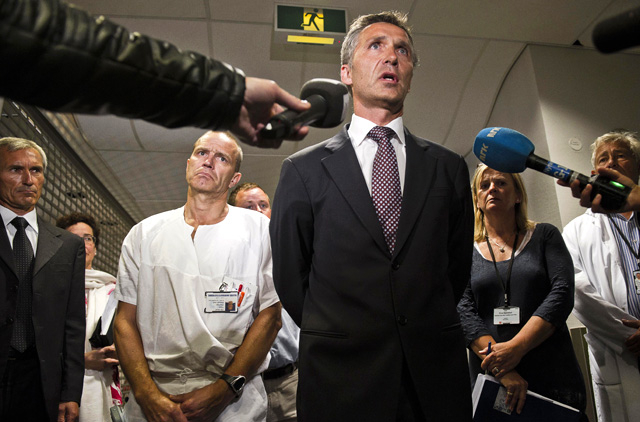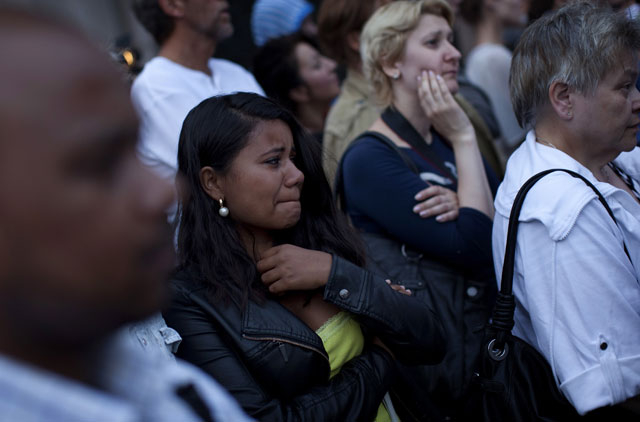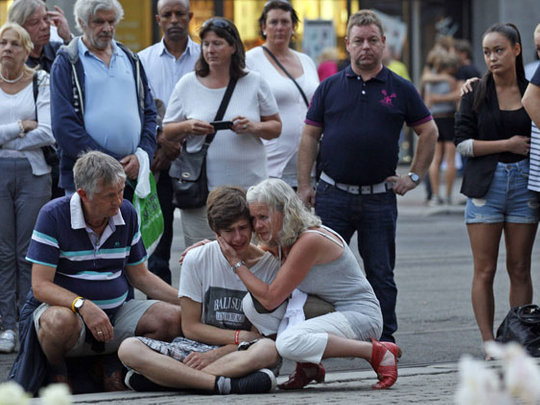
Dubai: When Berit Helgetun Mian touched down in Dubai to visit her relatives recently, little did the Norwegian citizen know that her last few days in the city will be spent in front of the TV and tracking news on the Internet, in hopes of understanding why a peaceful country like Norway has become the scene of a war-like crime.
“I'm reading all the online newspapers that I can find, trying to understand the situation back home. I'm leaving for Norway tomorrow, and the first thing that I'll be doing is buying every leading newspaper from the airport,” Berit told Gulf News Sunday.
“They say Anders Behring Breivik – who has been charged with both the attacks in Utoeya and Oslo – carried out the 'necessary' attacks because he couldn't tolerate a multicultural Norway. It's ironic that his attacks were primarily aimed at a camp housing 14-18-year-old Norwegians. How will attacking such young children … satiate his hatred towards foreigners?" a distraught Berit asked.
Mystery deepens
Berit still can't understand how one man pulled together the massacre singlehandedly, but her daughter Saima-Irén Mian pitches in: "In Norway, the police don't carry weapons and neither do we have security checks, of course with the exception of airports, because the country is considered the most peaceful place in the world.”
"The media is wondering why the police responded with a delay in Utoeya, the police was busy examining the Oslo bombings, which is what the attacker banked on. No one could imagine a peaceful island, like Utoeya, to be the subject of a hate crime, but that's exactly why the attacker targeted the place, to break the peace," says Saima.
Sharing a widespread perception among Norwegians back home, Berit says: "The witnesses and people back home still believe that there's more than one person behind the attacks. Sadly, the highest level of punishment in Norway is 21 years. There is no life or death sentence penalty, which means even if Breivik gets the highest punishment, he will walk free at the age of 53. That is if he's not let out early."
"The summer camp at Utoeya was the place to be for budding politicians. I had a lot of friends there who were interested in politics. Maybe the attempt was to discourage the ruling party by targeting their future – the young politicians,” says Saima.
Attacks out of the world
"Norway has a population of approximately 4.5 million. Imagine if 90 people are killed, that's a lot for a small country like Norway. The attacks have touched us all. The last time Norwegians cried together was when the great Indian Ocean tsunami in 2004 took a toll on Norwegian tourists visiting Indonesia, Sri Lanka and Thailand. These attacks are very out of the world for us."
Saima's first reaction upon hearing of the attacks was, "Oh my God, there's going to be a war."
Two days later, the fear is still fresh, but it has given many Norwegians like her a reason to make the most of everyday.
"When I go back, I will be a little scared, some of my friends are still missing, but I will make the most of my days with family and friends," she said.


